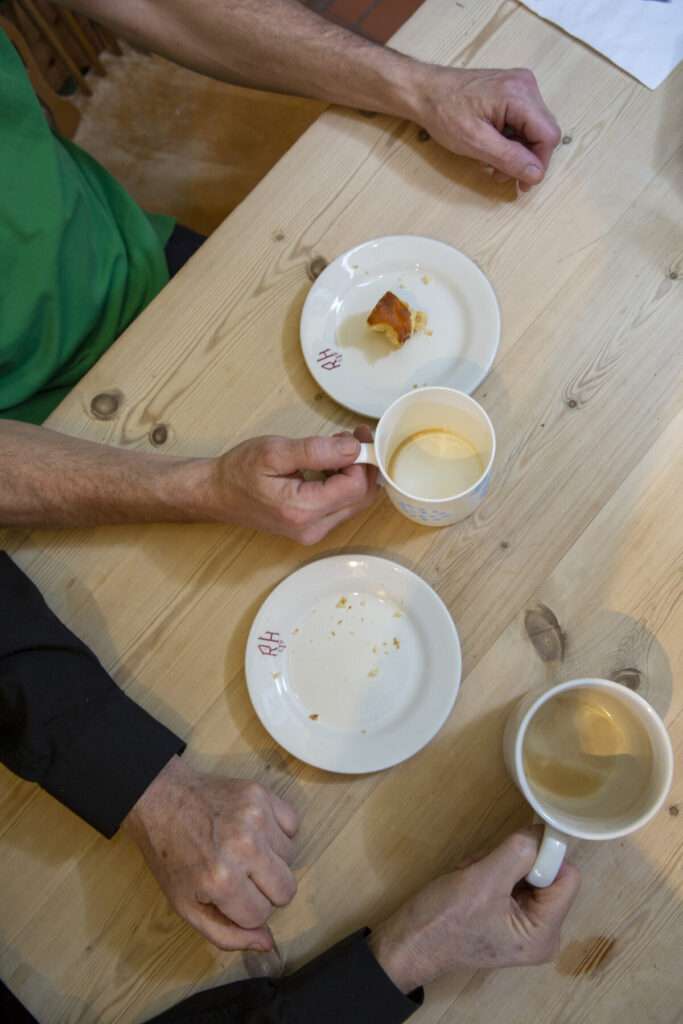We believe that talking to a person is one of the best ways of finding out about our service, or of raising any concerns. So in most cases we recommend that you speak to staff at your local Home-Start if there is anything you want to know.
But here are the answers to some of the most frequently asked questions about our service:
We’d love to be able to help absolutely everyone who asks, but we are a charity and sometimes we just can’t.
We won’t be able to help:
We can support:
If you think that you could benefit from the support of a Home-Start volunteer then you can get in touch with us.
You may also be referred to us by a health visitor, doctor or other professional.
Perhaps… But if you are struggling when your children are young, we will try to help.
Don’t think that your problems are not severe enough to ask. If we can’t help you, we’ll try to recommend others who might be able to.
No, Home-Start’s support is entirely voluntary and confidential – whether you decide to use Home-Start or not, this will not affect any other support you may be receiving.
Our support is given freely by the volunteers and received freely by families. Each has a choice about whether they continue with the relationship.
Generally, we would stop supporting you:
There are lots of ways that you can get involved with Home-Start. To find out about how to volunteer call our office today.
If you want to find out more about the different types of volunteer opportunity we have, or the commitment we ask of our volunteers, please see our volunteering section.
First, contact someone in the office, we hope they’ll be able to put your mind to rest.
If you want to take your worry on to a formal complaint, you should ask us about our complaints policy. This is usually handled independently by the trustees of Home-Start and follows national guidelines for investigating and making a decision.
A Home-Start volunteer can help you through a really wide range of problems and family needs.
Since 1973, we have been tailor-making our support to help families with twins or triplets, where there is bereavement or illness, disability or addiction, or where there is mental ill health, or money or housing problems. In most cases, we help where families feel isolated and have no-one nearby to help.
Home-Start’s support is completely free!
You will not have to pay for your support from Home-Start – we are a charity and raise funds to be able to support parents and children.
